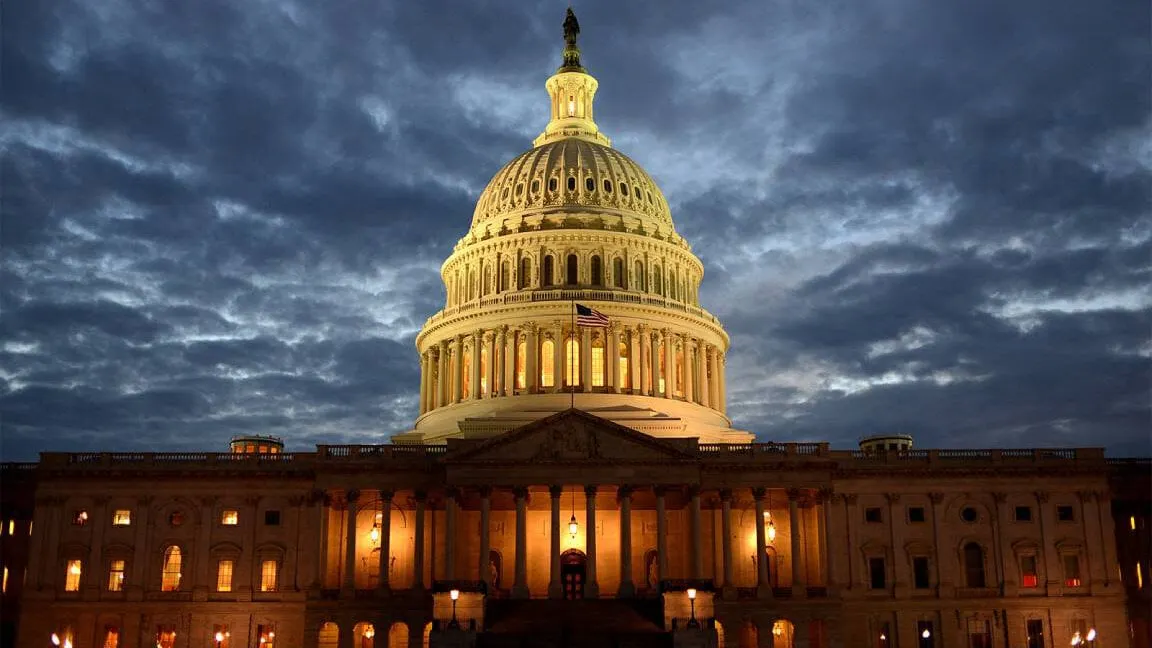In brief
- Arizona has passed HB 2749, allowing unclaimed crypto assets to be held in their native form rather than liquidated.
- The law introduces a three-year dormancy threshold before digital assets must be turned over to the state.
- A reserve fund will capture earnings from unclaimed assets, with distributions subject to legislative approval.
Arizona Governor Katie Hobbs (D-AZ) signed House Bill 2749 into law on Wednesday, introducing provisions to allow the state to retain unclaimed digital assets in their original form.
The bill, led by House Commerce Committee Chairman Jeff Weninger (R-AZ), modernizes Arizona’s unclaimed property laws to account for crypto by identifying, collecting, and safeguarding unclaimed digital assets and allowing the state to maintain its value instead of liquidating it.
Under the new law, digital assets will be presumed abandoned if the rightful owner fails to respond to communications or record any activity on an account over a three-year period, putting it in line with current legislation on other financial products such as stocks. After this, holders must give the digital assets to the Department of Revenue in their native form.
The law also creates a reserve fund where earnings from unclaimed assets, such as staking rewards or airdrops, can be deposited and later allocated through legislative approval.

Arizona Governor Nixes Bitcoin Bill, Companion Crypto Fund Still in Limbo
Arizona Governor Katie Hobbs on Friday vetoed Senate Bill 1025, known as the "Arizona Strategic Bitcoin Reserve Act," blocking a legislative push to allow state treasurers and retirement systems to allocate up to 10% of state funds into Bitcoin and other crypto. In a letter addressed to Senate President Warren Petersen, Hobbs said the Arizona State Retirement System is “one of the strongest in the nation” due to “sound and informed investments,” and that “retirement funds are not the place” to t...
“This law ensures Arizona doesn’t leave value sitting on the table and puts us in a position to lead the country in how we secure, manage, and ultimately benefit from abandoned digital currency,” said Wenniger in a statement.
This measure is separate from a higher-profile crypto proposal that was recently vetoed. That bill, brought by State Senator Wendy Rogers (R-AZ), sought to create a Strategic Bitcoin Reserve funded by seized state assets. Governor Hobbs vetoed it on May 2, citing concerns about volatility and fiduciary risk.
"Arizonans’ retirement funds are not the place for the state to try untested investments like virtual currency," she said in a letter on her decision.
Rogers has pledged to reintroduce the bill in the next session.

Senate Nears Deal on Stablecoin Bill as Lawmakers Race Against the Clock
After several days of high-stakes crypto drama on Capitol Hill, a clique of holdout Senate Democrats appears to be nearing a deal to support stablecoin legislation—though the matter is far from settled. On Wednesday, a small group of pro-crypto Democratic senators including Ruben Gallego (D-AZ), Mark Warner (D-VA), and Angela Alsobrooks (D-MD) met with Republican counterparts to discuss terms that would win back their support of the GENIUS Act, which would establish a framework for offering sta...
Across the U.S., state-level attempts to legislate crypto reserves and digital asset policy are heating up, though many are stumbling. Florida's effort to allocate up to 10% of select public funds to Bitcoin collapsed last week when both HB 487 and SB 550 were pulled just before the legislative session ended, having never made it to a floor vote.
Similar bills have also failed in Oklahoma, South Dakota, Montana, North Dakota, Pennsylvania, and Wyoming. Many of these had previously advanced out of committee, only to falter in later stages.
New Hampshire, however, has had some success in passing crypto legislation.
Governor Kelly Ayotte signed HB 302 into law on Tuesday, authorizing the state treasurer to allocate up to 5% of public funds to either precious metals or digital assets with a minimum average market cap of $500 billion, effectively greenlighting Bitcoin for state investment.
Edited by Sebastian Sinclair




